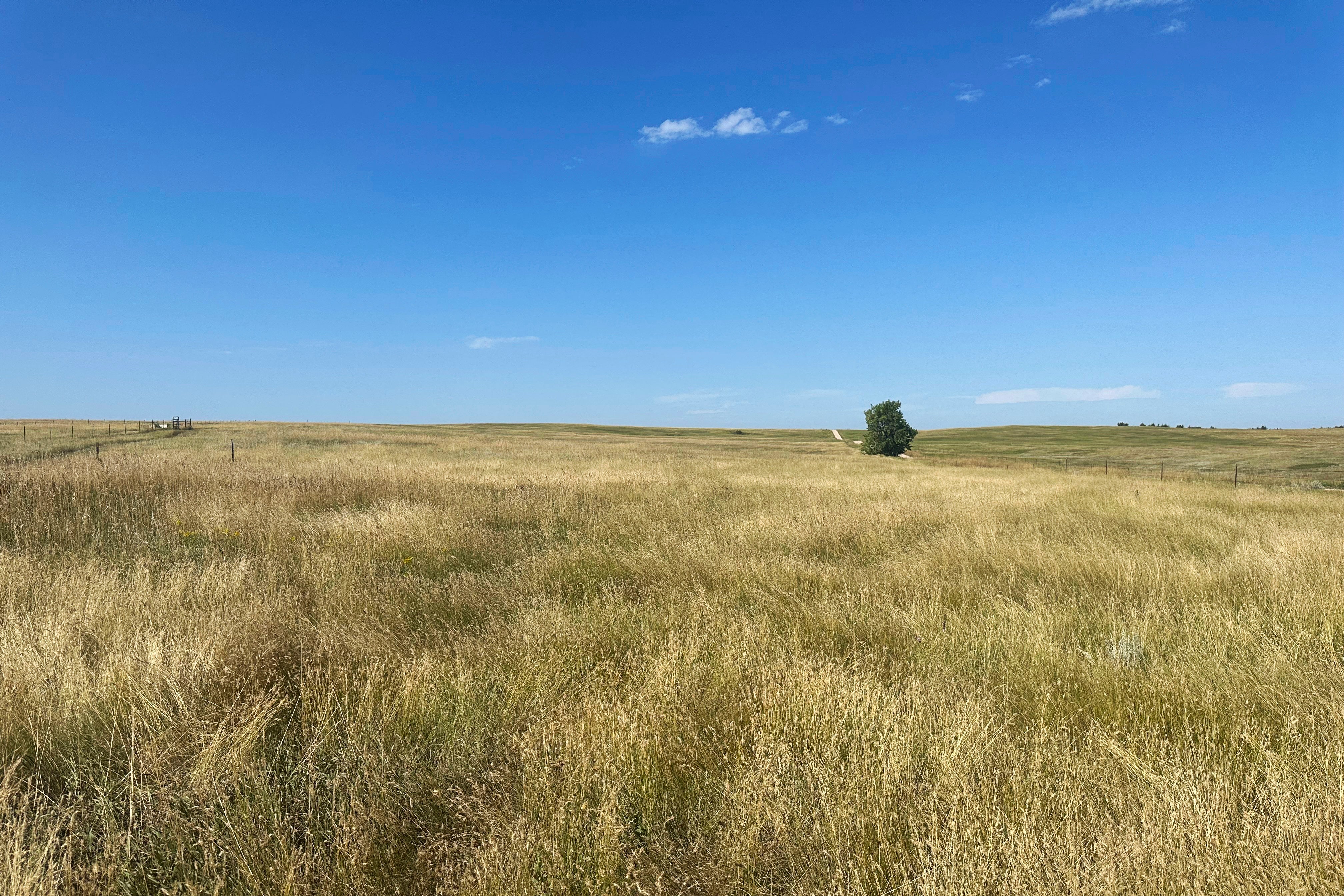Native American-led nonprofit says it bought 40 acres in the Black Hills of South Dakota
A Native American-led nonprofit says it has purchased about 40 acres of land in South Dakota's Black Hills area

Your support helps us to tell the story
From reproductive rights to climate change to Big Tech, The Independent is on the ground when the story is developing. Whether it's investigating the financials of Elon Musk's pro-Trump PAC or producing our latest documentary, 'The A Word', which shines a light on the American women fighting for reproductive rights, we know how important it is to parse out the facts from the messaging.
At such a critical moment in US history, we need reporters on the ground. Your donation allows us to keep sending journalists to speak to both sides of the story.
The Independent is trusted by Americans across the entire political spectrum. And unlike many other quality news outlets, we choose not to lock Americans out of our reporting and analysis with paywalls. We believe quality journalism should be available to everyone, paid for by those who can afford it.
Your support makes all the difference.A Native American-led nonprofit has announced that it purchased nearly 40 acres (16.2 hectares) of land in the Black Hills of South Dakota amid a growing movement that seeks to return land to Indigenous people.
The Cheyenne River Youth Project announced in an April 11 statement that it purchased the tract of land adjacent to Bear Butte State Park in western South Dakota.
“One of the most sacred places for the Lakota Nation is Mato Paha, now part of Bear Butte State Park," the statement said. “Access to Bear Butte was severed in the late 19th century, when the U.S. government seized the Black Hills and broke up the Great Sioux Reservation into several smaller reservations.”
Julie Garreau, executive director of the project, said in the statement that the U.S. Supreme Court ruled in 1980 that the U.S. had illegally taken the Black Hills. The court awarded the Lakota people $105 million, but they have refused to accept the money because the Black Hills were never for sale, the statement said.
Garreau said “opportunities to re-establish access to sacred places are being lost rapidly as metro areas grow and land values skyrocket,” which contributed to the organization's decision to buy the land.
“Our people have deep roots in this region, yet we have to drive five hours round trip to be here, and summertime lodging prices are astronomical,” she said. “The distance and the cost prevent access.”
The statement did not say how much the organization paid to purchase the land.
In recent years, some tribes in the U.S., Canada and Australia have gotten their rights to ancestral lands restored with the growth of the Land Back movement.